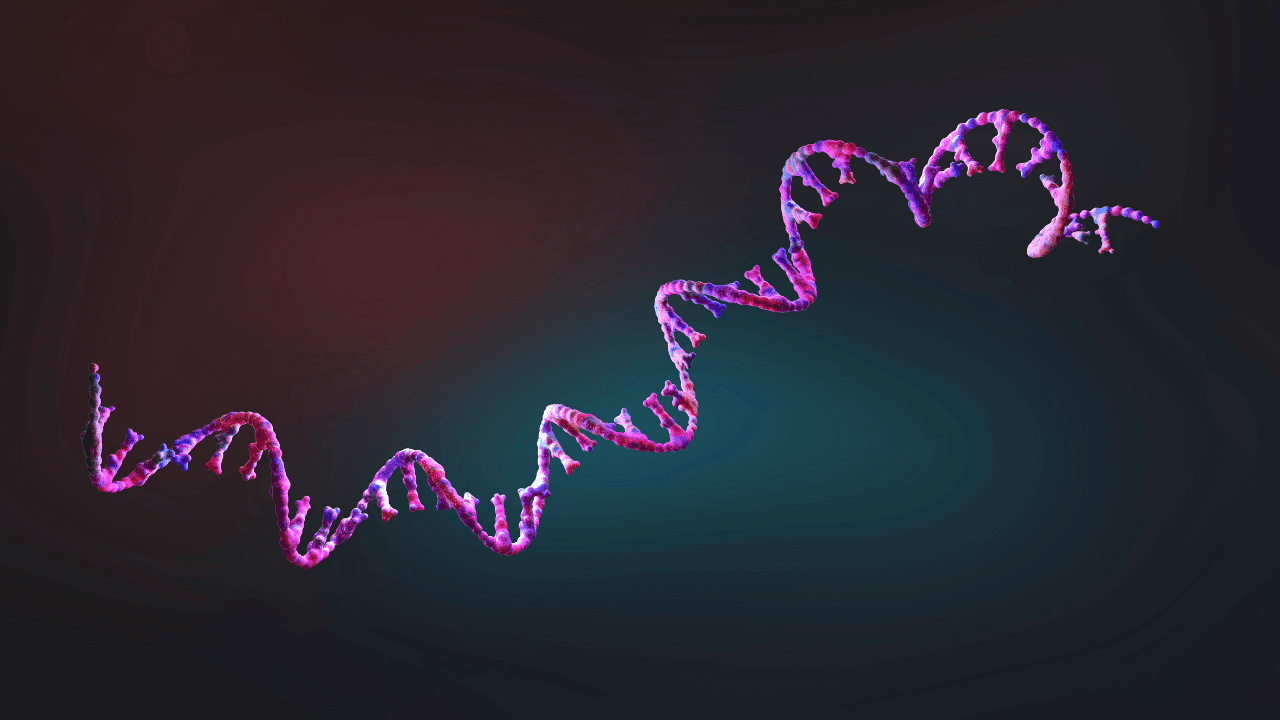Mar 21, 2025
|
5
min read
The life sciences industry is undergoing a technological revolution, with advancements in artificial intelligence (AI), cloud computing, and bioinformatics reshaping the field. Professionals in biotechnology and pharmaceuticals must keep pace with these innovations to stay ahead in their careers. With increasing bioinformatics opportunities, evolving AI applications, and transformative digital health technologies, life sciences is becoming more data-driven than ever before.
AI and Machine Learning in Drug Discovery
AI-Powered Drug Design
AI is playing a pivotal role in drug discovery by designing new therapeutics from scratch. Generative AI can predict molecular interactions, accelerating the drug development process. By 2025, multiple AI-designed de novo protein therapeutics are expected to enter human clinical trials, revolutionizing medicine.
Improving Clinical Trials
AI in biotechnology is optimizing clinical trials by simulating drug interactions and selecting ideal trial candidates. AI-driven digital twins reduce the number of required participants, cutting costs and trial durations while improving success rates. Pharma companies are already incorporating AI-driven savings into their budgets, with 40% of firms allocating AI-generated savings for 2024.
Cloud Computing: Enhancing Collaboration and Efficiency
Scalable Data Management
Cloud computing is eliminating data silos, enabling seamless global collaboration in research. With interoperability standards like FHIR, real-time patient data access is improving diagnostic accuracy and treatment speed.
Regulatory Compliance and Security
As life sciences companies deal with sensitive research data, cloud solutions ensure compliance with data protection regulations while enhancing supply chain transparency. This reduces counterfeit risks by enabling real-time monitoring of drug components.
Bioinformatics: A Growing Career Opportunity
Transforming Life Sciences with Computational Tools
The integration of biology and big data, rooted in projects like the Human Genome Project, has laid the foundation for modern bioinformatics jobs. Today, professionals with expertise in Python, Biopython, and machine learning are in high demand, analyzing vast biological datasets to develop targeted therapies and genetic insights.
Rising Demand for Bioinformatics Professionals
With the life sciences industry increasingly reliant on computational biology, bioinformatics opportunities are expanding. Companies seek experts capable of handling complex genomic data, protein-drug docking models, and AI-driven research tools.
Digital Transformation and the Future of Life Sciences
Generative AI’s Expanding Role
Life sciences executives are prioritizing generative AI investments across the value chain, expecting cost savings of up to 12% for medtech companies. These investments enable streamlined R&D, drug repurposing, and more personalized patient care.
Digital Health and Personalized Medicine
Wearable devices, telemedicine, and AI-driven diagnostics are transforming patient care. Real-time health monitoring allows for early diagnosis and tailored treatments, marking a shift towards precision medicine.
Looking Ahead: Key Trends to Watch
AI-designed therapeutics entering human trials
Greater adoption of cloud-based data solutions
Bioinformatics driving innovation in genomics and drug discovery
AI-powered clinical trials reducing costs and increasing efficiency
Integration of AI and digital health technologies for personalized medicine
Conclusion
The future of life sciences lies in the seamless integration of AI, bioinformatics, and cloud computing. Keeping an eye on these emerging technologies will help professionals unlock new career opportunities, drive innovation, and contribute to groundbreaking advancements in biotechnology. Whether you’re exploring bioinformatics jobs or leveraging AI in biotechnology, staying ahead of these trends is crucial for success in this rapidly evolving industry.



